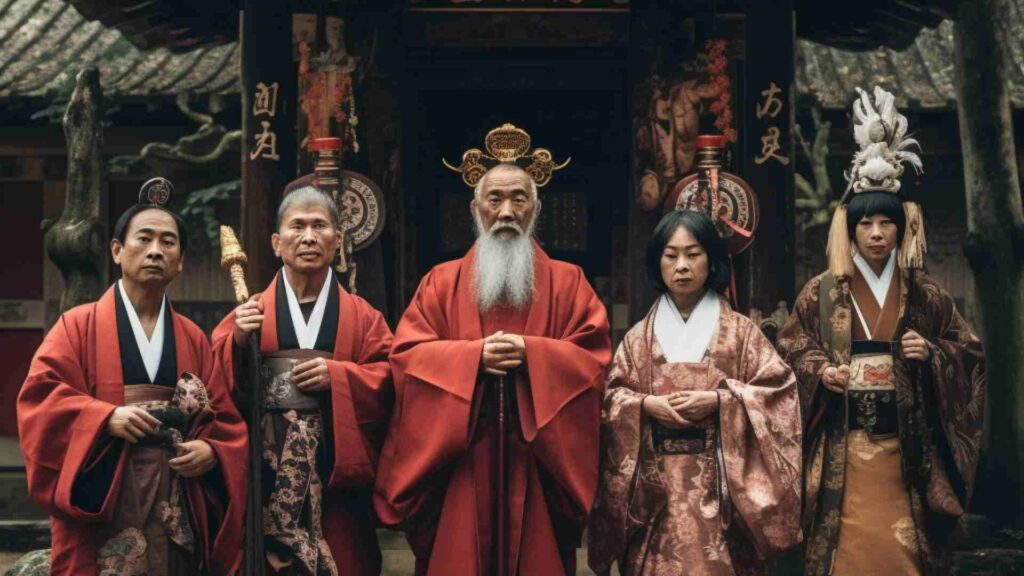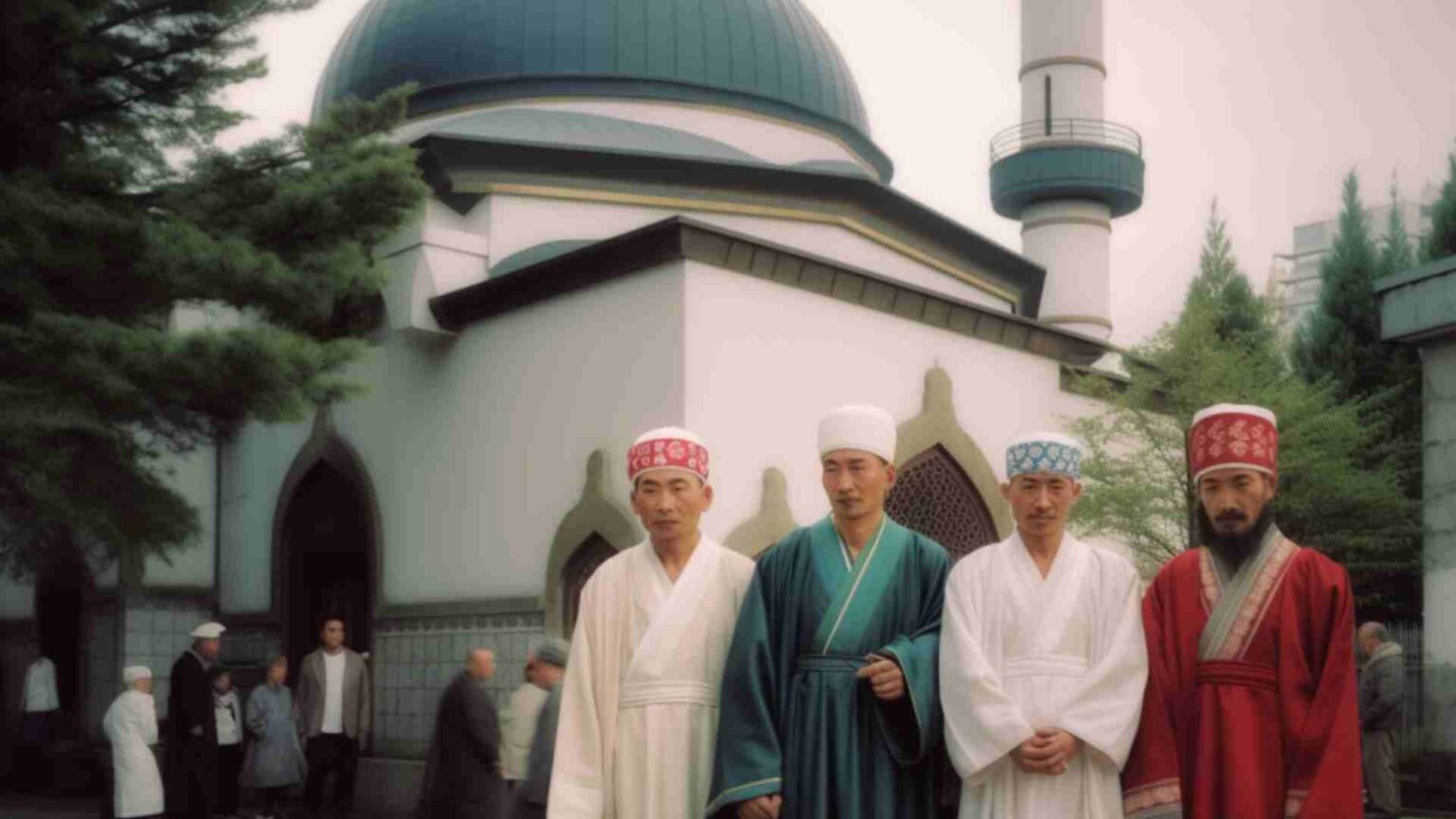In recent years, Japan has witnessed a significant increase in its Muslim population, primarily driven by intermarriage and immigration from Islamic countries. This demographic shift is evident in the growing number of mosques across the country, signaling a notable change in Japan’s religious landscape.
However, this transformation has also brought about tensions and challenges due to the contrasting monotheistic nature of Islam and the polytheistic beliefs of Shinto, Japan’s indigenous religion. This article explores the implications of religious diversity and emphasizes the importance of fostering understanding and coexistence between Islam and Shinto for a harmonious society.
The Muslim population in Japan has experienced remarkable growth over the past two decades. Estimates now surpass 200,000 individuals, representing a ten-fold increase within a single generation from the estimated 10,000 to 20,000 Muslims in 2000. This growth can be attributed to factors such as intermarriage and the arrival of immigrants from Islamic nations.

Marriage has played a significant role in the rise of Japan’s Muslim population, as many Japanese citizens have embraced Islam through marriages with Muslim partners, contributing to the country’s cultural and religious diversity. Additionally, an increasing number of Japanese are voluntarily converting to Islam, indicating a broader acceptance and interest in the faith.
Alongside the growing Muslim presence, mosques have emerged throughout Japan. In 1999, the country had only 15 mosques, but as of March 2021, that number has risen to 113. This proliferation reflects a more inclusive Japanese society that aims to provide religious spaces and support for its Muslim residents and visitors.
A notable example is the Masjid Istiqlal Osaka, located in Osaka’s Nishinari Ward. This mosque, housed in a renovated former factory, serves as a place of worship and community for Muslims in the region. The majority of funding for its renovation came from donations by Indonesians, as Indonesia is home to the world’s largest Muslim population.
However, the increasing presence of Islam in Japan has also resulted in challenges and tensions, particularly in terms of compatibility with Shinto.
An incident involving a Muslim man vandalizing a Shinto shrine while proclaiming the monotheistic nature of Islam highlights the differences in theological perspectives.
Public reactions to such incidents have varied, with some expressing concerns about maintaining steadfast beliefs and potential clashes of values. However, it is important to note that these sentiments do not represent the views of the entire population. They underscore the need for dialogue, understanding, and education to foster a more inclusive and harmonious society.
Islam, originating in the 7th century, is a monotheistic faith centered on the belief in one God, Allah, and the teachings of the Quran. Shinto, on the other hand, is Japan’s indigenous religion, rooted in ancient folklore, rituals, and animistic beliefs.
Shinto’s inclusive nature embraces multiple gods or spirits known as kami. Its emphasis on purity, gratitude, and harmony with nature has enabled its coexistence with other religions, including Buddhism, for over a millennium.
However, the concept of polytheism in Shinto poses a challenge for Muslims, as Islamic teachings strictly prohibit the worship of entities other than Allah.









